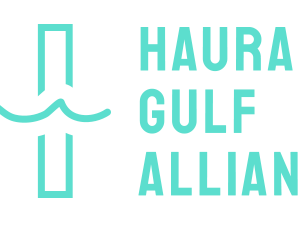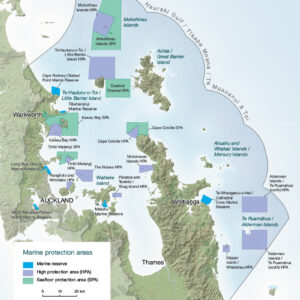There are a lot of things people did in the 1900s that are not acceptable today. One of those unacceptable behaviours is bottom trawling in inshore waters. Science shows us that bottom trawling catches fish indiscriminately and it impacts on the seabed, killing the three dimensional structure that supports essential organisms. Those organisms attract small creatures while the structure provides protection for small fish.
If we want our marine environment to be more productive, we have to stop killing its life support system.
The latest available data shows that between 2008 and 2012 in coastal waters out to 250 metres deep there were over 280,000 trawl events. That averages out to around 45,000 square kilometres of seabed trawled per annum. The majority of trawl effort was targeting tarakihi. Other target species include snapper, gurnard, flatfish (flounders), jack mackerel, trevally and john dory.
Even if you don’t fish, eat fish, or know what a tarakihi looks like, the environmental impact of this trawl effort is concerning.
Prior to industrial fishing the inshore zone was highly productive, providing nursery functions for dozens of species and supporting marine diversity through layers of ecosystem services.
Studies show that a century of ever-expanding use of heavy, bottom contact mobile gear has transformed the sea floor from a thriving benthic community of organisms to a desert of fine silt. This silt is re-suspended and distributed further each time trawl gear is towed across the seafloor.
Bottom trawling and the damage it causes is no longer acceptable in inshore waters. A coastal zone where low impact commercial fishing, Maori customary and recreational fishing can co-exist will deliver more value to New Zealanders and better protect biodiversity.
A more productive inshore zone would also enable coastal communities and local businesses to rebuild through expanding employment and trading opportunities. This has got to be a better deal than what we have now, which is poor Ministerial decisions enabling maximum commercial catches using indiscriminate bulk harvesting and trawling in our precious inshore waters.





